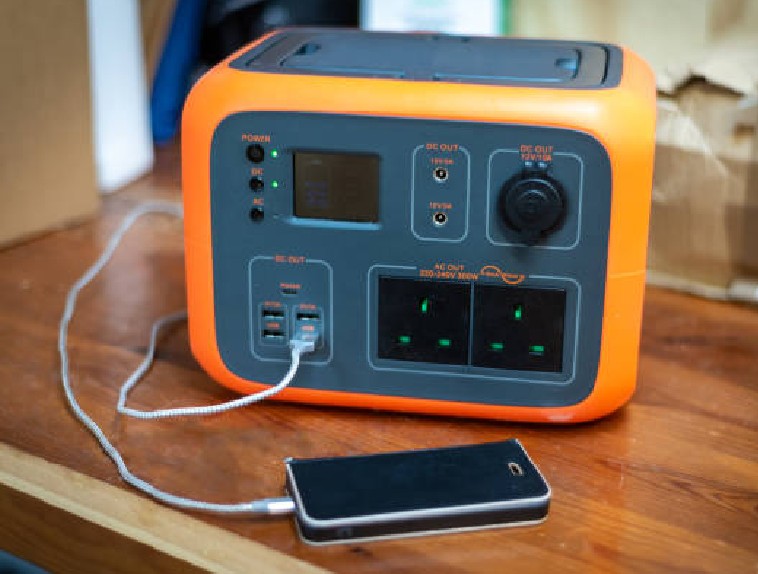You must have very clear rules that apply to procedures related to safety.
For example, at our electric utility there was a policy governing when customers requested power turned on (which we did at the meter) that they must be home at the time power is connected. No exceptions. The spirit behind this policy was to prevent an accident such as a fire caused by a box left on an electric stovetop that had an element turned “on” and inadvertently left “on” when the premises were without power.
If the customers were not there to ensure the premises were safe, the power would stay off even if the service rep could see through a window that the stove was clear – because other hazards could be created by energizing the home.
However, when it comes to creating service guidelines unrelated to safety, you must be creative in allowing exceptions or you risk increased costs, dissatisfied customers, and disengaged employees who feel powerless.
Earlier this year I was away with a group of friends. At the end of the weekend, as we were heading for home, one of my friends had a problem with the automatic opening device on his gas tank. The mechanism was jammed closed, and he could not fill his tank – not a drop. He had little gas in his tank; and although his car worked fine, if he headed out on the highway he quickly would be stranded in the middle of nowhere.
Fortunately, his vehicle was relatively new and covered by the manufacturer’s roadside assistance program. The agent he spoke with was very helpful. It was not going to cost my friend anything to get the problem repaired, and the program’s trip interruption insurance would cover his expenses to stay an extra night because he was away from home and the dealership was closed until the next day.
They finalized the plans to get the vehicle repaired, and then my friend said, “I’ll drop the car at the dealership and one of my friends can drive me to the hotel.” The agent replied, “Well, if you want the trip interruption insurance to pay your accommodation expenses, your car needs to be towed to the dealership.”
My friend explained that the dealership was less than half a mile up the road. The agent said that there was no way he could make an exception. My friend reluctantly agreed and the agent arranged for a tow-truck. It was supposed to arrive in 20 minutes, but it took more than an hour.
When the tow truck arrived, my friend explained the situation to the driver. The driver jumped back in his truck and said, “Follow me.” Three minutes later, they pulled into the dealership; my friend left his keys in the key drop; we drove him to his hotel and then we headed for home. His car was repaired first thing the next morning, and he was home by noon.
Here, we see a procedural code that when enforced, ended up costing the car manufacturer more, causing more inconvenience to the customer, and probably frustrating the agent because he had no freedom to exercise his judgment. The only beneficiary was the tow truck company and driver, which in this case I suspect got paid for simply showing up, rather than for performing a tow.
Clearly, in spite of the legitimate claim made by my friend, not towing his vehicle went against the manufacturer’s policy but it eliminated the time and effort to tow the vehicle as well as any risk associated with moving the vehicle. The agent should have had the authority to assess the situation and been empowered to make an exception.
To prevent service failures from happening in your organization, you need to monitor service delivery and identify the policies and procedures that rob people of their ability to think and that relegate them to a job of service mediocrity.
Monitoring is simple. Set up a system to follow up with customers and ask them two questions, “What did you like best about the service we provided?” and, “What did you like least about the service we provided?”
Then use their feedback to improve how you serve.











Find Us on Socials